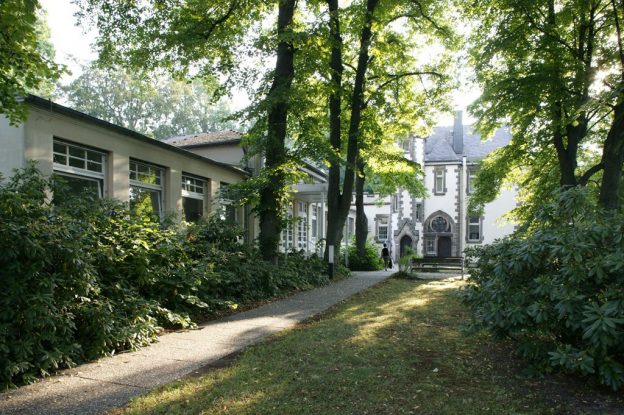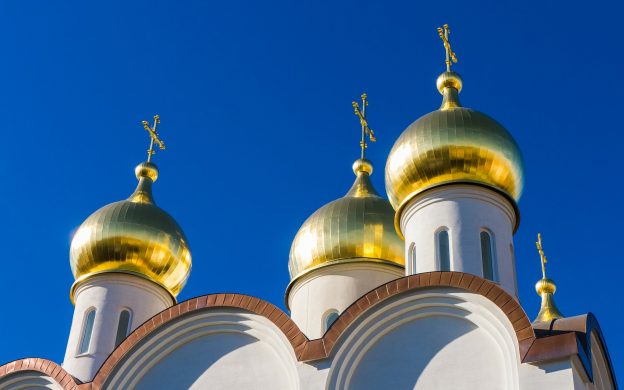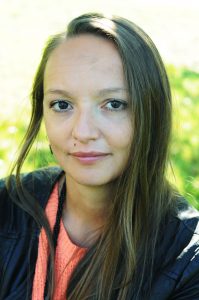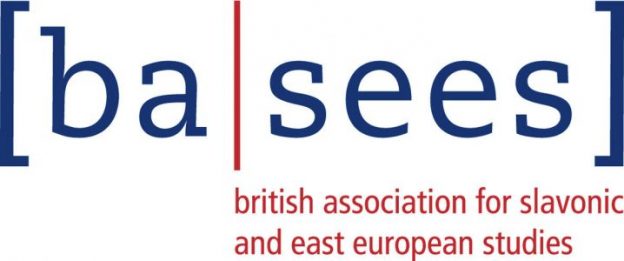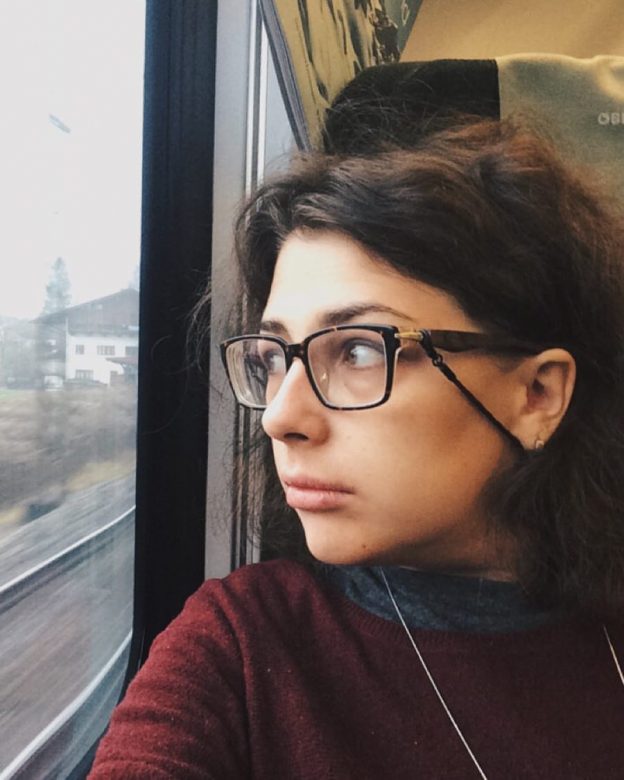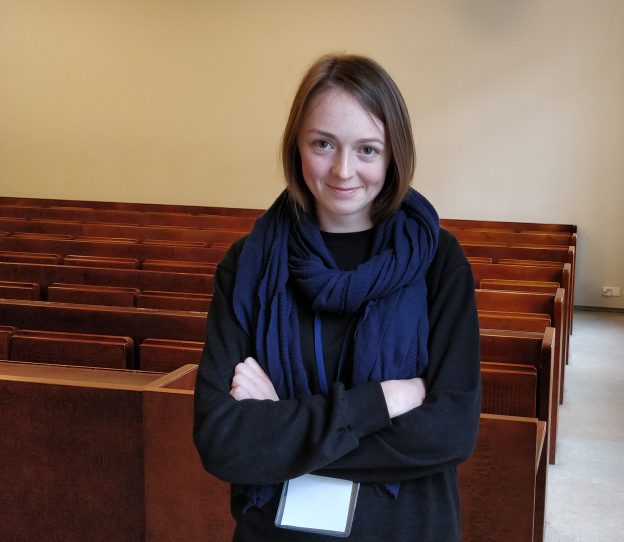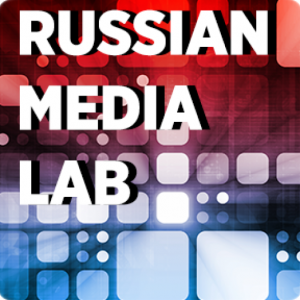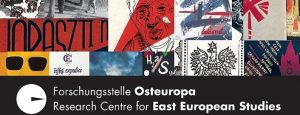Victor Khroul, visiting researcher from the Moscow State University, will give a talk on “(Re)mapping the sacred and the profane in post-communist Russia: towards the mediatization of religion normative model” during a brown bag lunch.
Time: 12:00 on Monday 10 June. The meeting room is booked up till 13:30.
Location: Aleksanteri Institute 2nd floor meeting room, Unioninkatu 33
Format. Brown bag lunch combines learning and eating, takes place over lunchtime and occurs in an informal setting. Participants are to bring their own packed lunch and/or beverages.
Lunch talk abstract:
Durkheim defined religion as a “unified system of beliefs and practices relative to sacred things, that is to say, things set apart and forbidden” (Durkheim 1915: 47). His sacred-profane dichotomy – widely recognized, criticized and developed – has two contextual challenges in Russia: the enforced atheization during the Communist time and, after it, religious revival in the context of secularization. Social processes in the post-communist countries led to the sacralization of the profane (Communist rituals) on one side and to the profanation of the sacred (reconstruction of Churches into dancing halls, burning icons). Some profane objects and social practices have been sacralized, some traditional religious ceremonies and sacred objects have been profanized. The last two decades became a time for continuous remapping the social space with sacred and profane markers and media became the most powerful driver of the process.
Some recent cases make it more clear.
- Sacralization ‘from the grassroots’. The recent debate on ‘Matilda’, a film directed by the Russian film-maker Alexei Uchitel, which tells a story of a romance between the future Nicholas II, canonized by the Russian Orthodox church in 2000, and Mathilde Kschessinska, a teenage prima ballerina at the Mariinsky theatre in St Petersburg, is a good example of the ‘grassroots sacralization’ trend in Russian public sphere. Radical Russian Orthodox movements warned that “cinemas will burn” if Matilda was screened, because the film portrays the “holy tsar” in love scenes. And the largest network of cinemas in Russia in September 2017 has refused to screen it because of safety reasons. In addition, some spontaneous, grassroots public initiatives in Russia (the icons of Stalin painted with the nimbus as a saint, protests against digitalization in order to avoid the “number of devil” in the documents, etc. are not in line neither with Church teaching nor the government intentions, but widely covered by media inspiring the sacralization of Stalin or Ivan IV (Terrible).
- Sacralization and profanation by and through media. Every year on the Epiphany (19 January) some Russians are plunged into a blessed section of frozen water three times in remembrance of Jesus’ baptism in the river Jordan. In 2019, almost 460 thousand people in Moscow took part in it (over 2.4 mln in Russia), and these numbers are growing year by year. Epiphany bathing became a huge media event covered by all the major media in Russia and abroad – covered as religious tradition, as something all Russian Orthodox Christians are called to do, as a ritual blessed by the Church. In fact many Russian Orthodox bishops and priests condemned this ritual, called believers not to take part in it and invited them to attend Epiphany liturgy instead. Bishop Evtikhy of Domodedovo put four reasons for this: (1) ice swimming is danger for the health, it contradicts the Gospel and therefore it is a sin; (2) bathing is a profanation of the sacred – blessed water; (3) bathing is not traditional for the Russian Orthodox Church and (4) it strengthens not faith, but superstitions (Evtikhy 2012). This position is low profiled both by media and state authorities and therefore not heard in the public sphere. The ‘enforced sacralization’ of Epiphany bathing by media and commercial agency is an evident challenge for the theoretical framework called “power of religion in the public sphere” (Butler, Habermas et al. 2011).
These cases make evident two problematic areas: low level of ‘religious literacy’ in media and low level of ‘media literacy’ among faith communities. Both areas could be optimized by certain activity, based on normative principles of mediatization of religion and certain expectations from religions and media professionals.
Speaker bio: Victor Khroul, Ph.D., Dr. habil., an associate professor at the Department of sociology of mass communications, Journalism Faculty, Lomonosov Moscow State University and a co-chair of the Religion, Communication & Culture working group in the International Association for Media & Communication Research.
He has served for five years as a Member of the Pontifical Council for the Laity, Vatican (1996-2001), was a visiting professor at Central European University (Budapest, Hungary, 2011), Linnaeus University (Kalmar, Sweden, spring 2014) and Rooney International Scholar at Robert Morris University (Pittsburgh, USA, fall 2014).
Author of “Media and Religion in Russia” monograph book and over 90 publications in Russian and English, the founding co-editor of “Discovering Grushin” book series on public opinion and historical commemorations studies (published since 2010) and founding editor of “Media and Religion” book series (published since 2011).
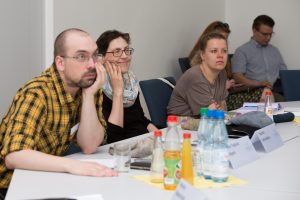 The Workshop in Marburg brought together an interdisciplinary group of scholars to present their research and to discuss about the digitalization processes in production and regulation of history, heritage and memory in Eastern Europe and Russia. Multidisciplinary background of participants, working at the intersection of history, media studies, cultural studies, internet security studies and other disciplines allowed to highlight various aspects of aforementioned issues.
The Workshop in Marburg brought together an interdisciplinary group of scholars to present their research and to discuss about the digitalization processes in production and regulation of history, heritage and memory in Eastern Europe and Russia. Multidisciplinary background of participants, working at the intersection of history, media studies, cultural studies, internet security studies and other disciplines allowed to highlight various aspects of aforementioned issues.